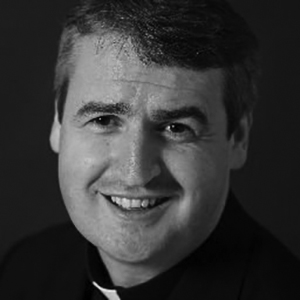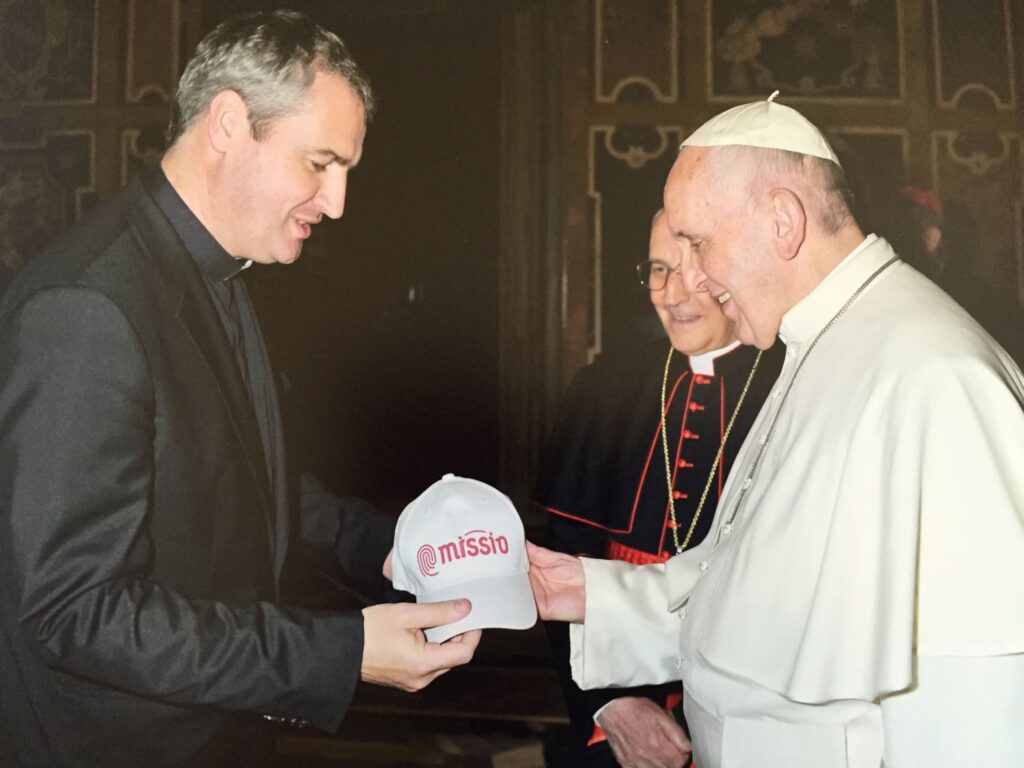Pope Francis and Finance

To understand Pope Francis, one might do well to begin with his papal motto, Miserando atque eligendo (“having mercy and choosing”), which is borrowed from a commentary on the Gospels—specifically, the story of Jesus calling Matthew, the tax collector, to be his disciple.

Matthew was a finance professional of his time. While Jewish, he operated in the milieu of the conquering Roman Empire in collecting taxes from the people. Matthew might have convinced himself that he was performing a valuable financial service for his community. But Jesus himself does not shy away from calling Matthew a “sinner.” Jesus’ command to Matthew to “follow him” was scandalous precisely because tax collectors had an awful reputation and were known for cheating their co-religionists out of their money.
Two thousand years later, the finance profession is held in no greater esteem—and not without reason. Ethics has been emphasized by regulatory bodies, trade groups, and professional organizations over the years, but that still hasn’t completely disabused investors of the notion that finance professionals are making a free buck at their expense. Increasingly aware that their trusted financial advisor was first and foremost a salesperson, retail investors have started to push for flat-fee arrangements, and the fiduciary rule appears set to expand in the near future.
There is a wholesome push now to build up a partnership between investor and advisor, and to do what’s right within the world of finance to help build up trust between parties. Not coincidentally, there is a similar push to do what’s right in the investments themselves. Responsible investing, broadly considered, is an effort to extend ethical principles into the very decision of what investments to pursue. Responsible investing can take on any number of forms, from negative screens to impact investing, but the goal is the same: consistency between one’s beliefs and one’s portfolio, and consequently to build up a relationship of trust between the investor and society at large.
Yet today, the disconnect between markets and the real economy could not be more pronounced. Since 2009, markets have had their longest bull run in history, but the benefits have not been shared equally. By many measures of inequality, society has regressed. Low interest rates, while they might benefit the wealthy risk-taker, only indirectly benefit the hourly-wage employee with barely enough money to pay for food, rent, and child care. With very few assets to post as collateral and with risky credit profiles, the poor would be lucky to have access to cheap loans or lines of credit. Meanwhile, they earn little interest on any money they do manage to save.
Even today, despite 40 million people out of work due to the COVID-19 pandemic, the S&P 500 has quickly rallied from its pandemic lows. While one might easily argue that the stock market is definitely not the entire economy, a perspective informed by the Christian faith would find this discrepancy grating on the conscience. How is it that those with assets continue to benefit while tens of millions are struggling more than ever?
Investing is rarely associated with justice or mercy, and therein lies the problem. If each economic activity is a moral one, no investment is value-neutral. Pope Benedict summarized Pope John Paul II’s teaching on the subject in this way: “Investment always has moral, as well as economic significance.” Pope Francis put it this way: “Each meaningful economic decision made in one part of the world has repercussions everywhere else.” The difficulty of assessing such impacts does not excuse unethical investing, but only underscores the need for great honesty and transparency from businesses and—just as one example—the valuable work that many ESG ratings agencies are currently undertaking.
Francis explains that it is possible to direct our modern sophistication and technology toward an investment program that is inherently merciful. Like Jesus in the Gospel, finance professionals must also “choose and show mercy.” Billions of people depend on a healthy economy, a well-functioning financial system, and a society that is inclusive—in other words, one that advances human development. Everyone benefits when our financial system, from top to bottom, reflects a merciful, person-centric approach. This ultimately requires a concerted effort from all industry participants to build such a system, in a partnership between finance professionals and stakeholders.